Complete your selection
Noopept is a nootropic supplement to stimulate cognitive function, helping to increase learning ability, memory consolidation and restoration as well as logical reasoning, now available to buy at Supersmart.
What are nootropics?
Nootropics enable us to adapt better to life’s challenges, by facilitating day-to-day motivation and decision-making and by improving cognitive and neurosensory processe as a whole. They improve neurotransmission quality (gabaergic, cholinergic and glutamergic), facilitate learning and increase the speed at which we process information. This supplement is a natural way of improving memory, cognitive function and a significant aid to coping with day to day stress.
Noopept is a member of the racetam family and shares similar mechanisms of action but is potentially up to 1000 times more powerful than piracetam, which is widely used as an adjunct treatment for chronic cognitive and neurosensory impairment in older people. It is able to stimulate various receptors - dopaminergic (D2 and D3), cholinergic, nicotinic and serotoninergic, as well as reduce anxiety, stress and irritability, and improve mood and quality of sleep.
What are the benefits associated with Noopept?
- Noopept stimulates the expression of two proteins in the hippocampus - the neurotrophins NGF (nerve growth factor) and BDNF (brain-derived neurotrophic factor), involved in the generation and growth of new neurons.
- This is a highly beneficial property since it helps neurons survive and maintains their activity. Its effect continues even after administration of Noopept ceases.
- It also stimulates the glutaminergic receptors AMPA and NMDA which play an essential role in memory and synaptic plasticity, thus improving cerebral performance.
- It is used to stimulate intelligence, cognitive function, concentration and focus.
- This active compound has excellent bioavailability when taken sublingually, demonstrating immediate efficacy and visible results within just five to seven days of daily use. It easily penetrates the blood-brain barrier and is thus fully active in the brain.
Buy Noopept to help stimulate cognitive function.
What is in Noopept
Any questions?
Our team of nutrition experts and scientists has the answers.
This dipeptide, comprising proline and glycine (N phenylacetyl-L-prolylglycine ethyl ester), was developed in Russia and patented in 1995. It is prescribed in Russia and neighbouring countries as a nootropic and neuro-protector. n addition, a study on mice showed Noopept to have anti-inflammatory effects linked to its antioxidant properties.
Noopept is recommended at doses of between one and three sublingual tablets a day and it's widely documented as safe with mild side effects observed only rarely at high doses (headaches, insomnia, nausea, fatigue). There is no dependency or interactions with other supplements or drugs that have been identified.
november 12 2025
great product, works well make sure you add a coline supplement at 30 to 1. ie 10mg noopept plus 300mg of a choline supplement alphagpc or citicoline.
july 26 2025
This product is fabulous
june 23 2025
Noopept is hard to find. Great product.
may 28 2025
Great product
may 3 2025
I’m enjoying NooPept.. my focus is great & im getting a better quality amount of work done without getting distracted. Very good

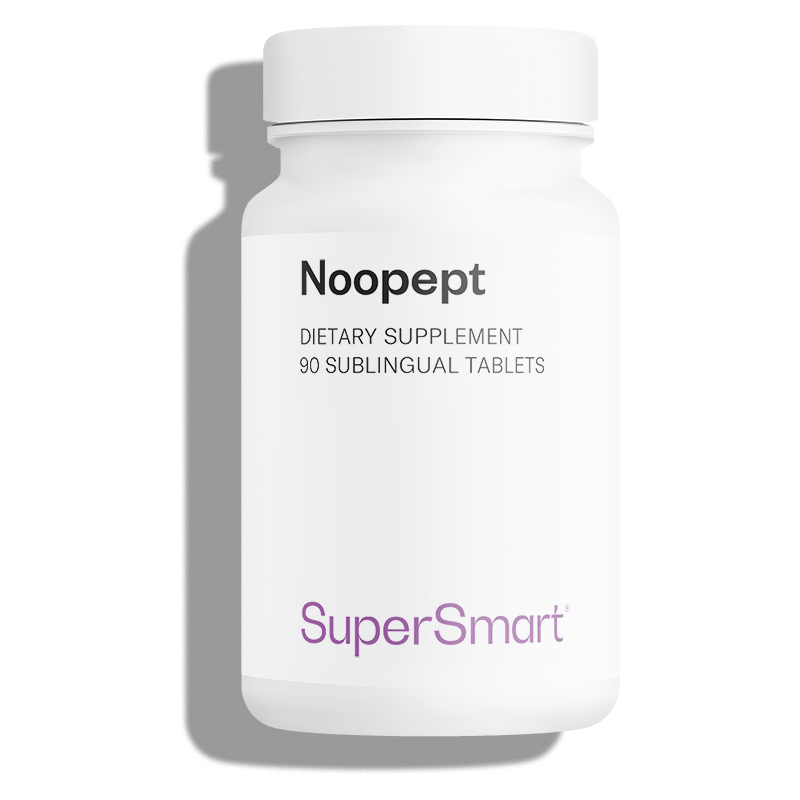
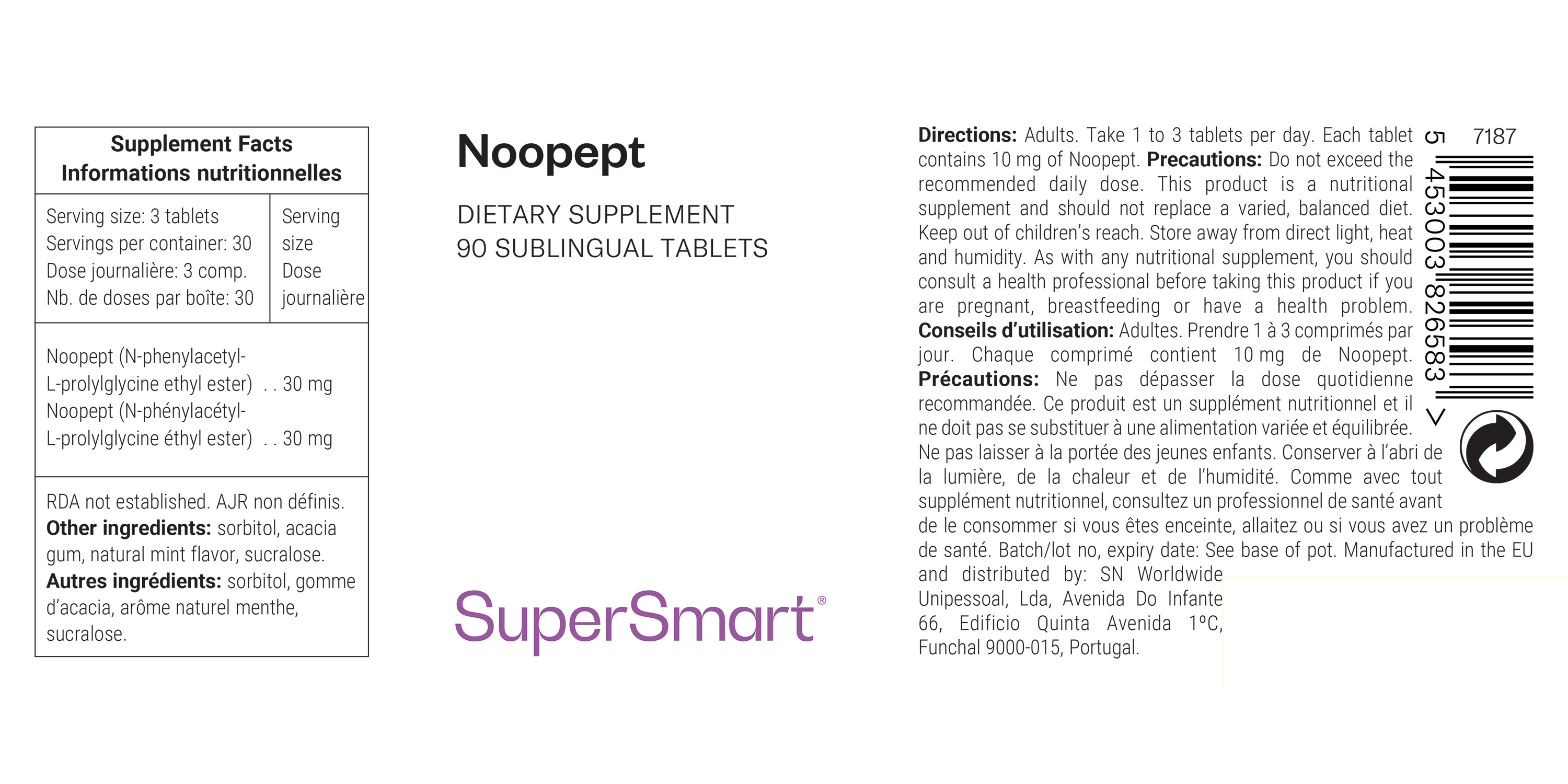
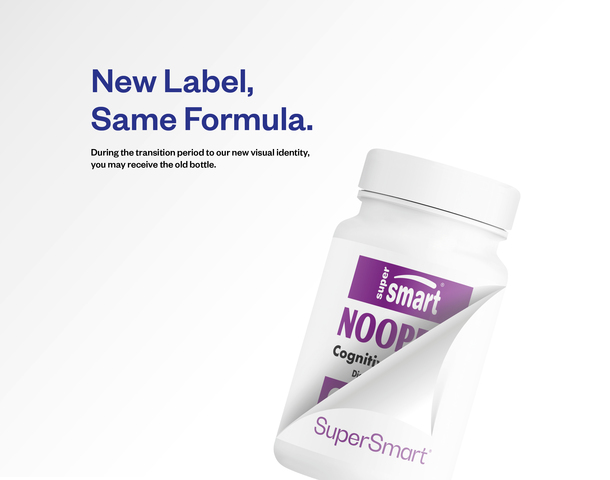
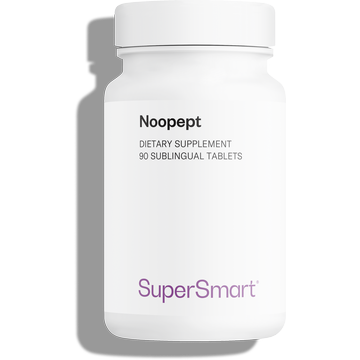
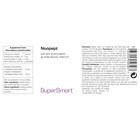


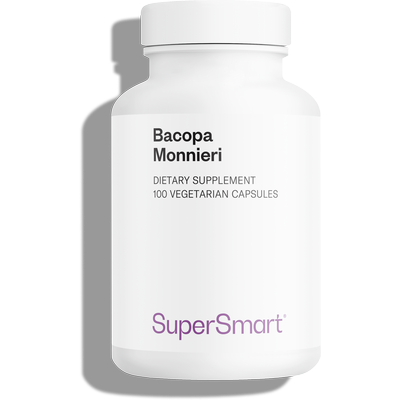
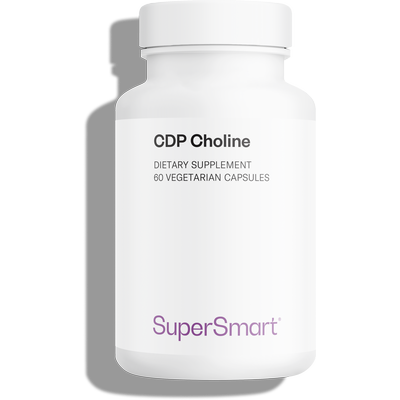
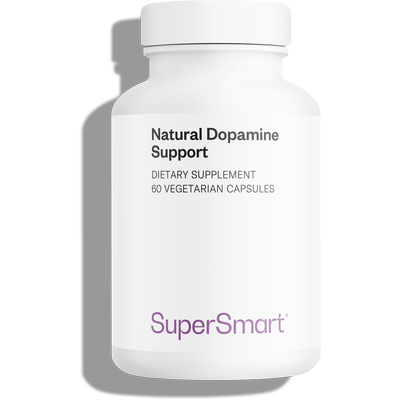
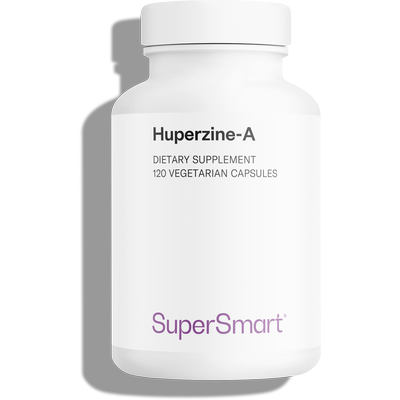
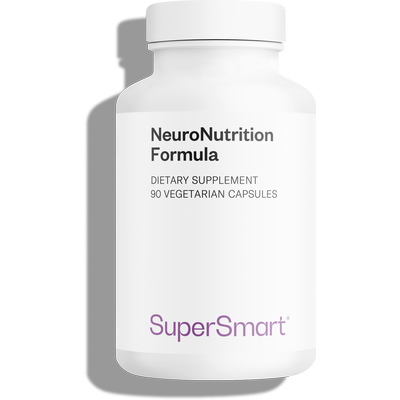
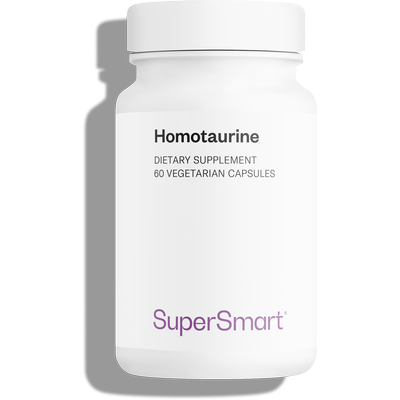
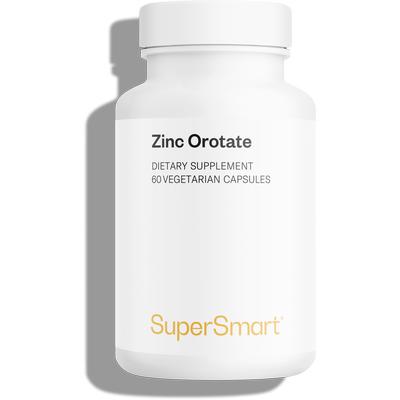
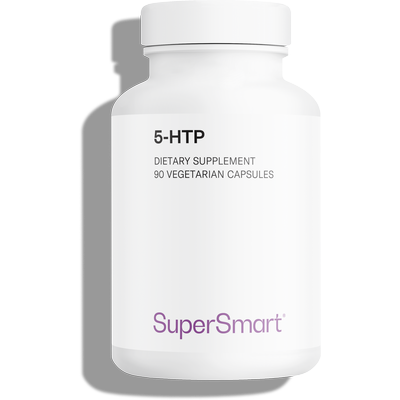

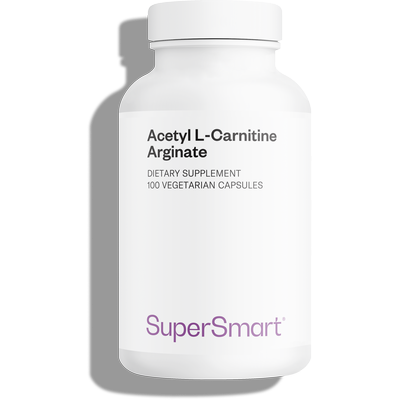
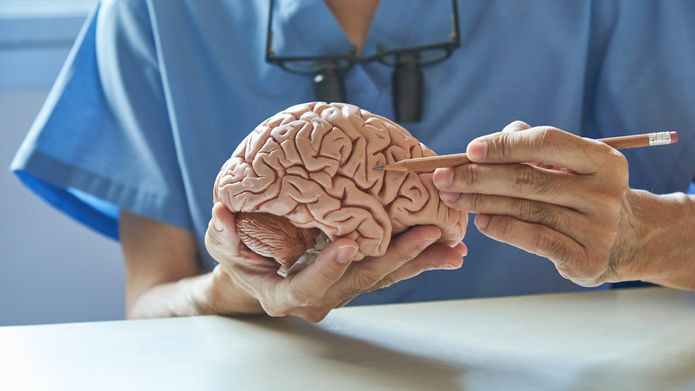


Hello,
Thank you so much for your kind words!
We're thrilled to hear you love the product.
Looking forward to seeing you again at Supersmart!
The Supersmart Team